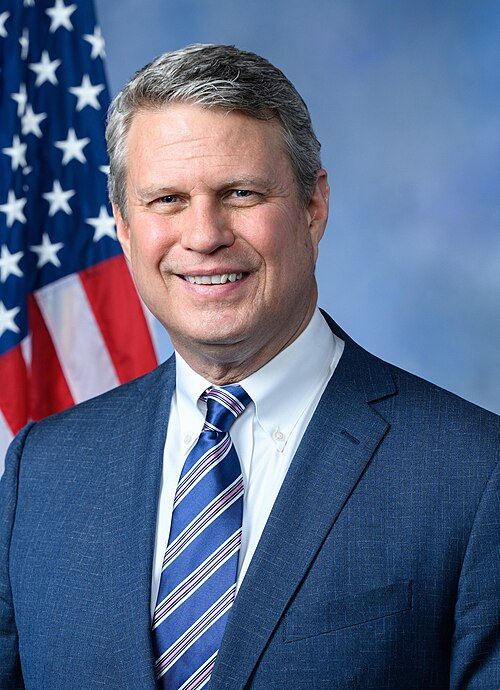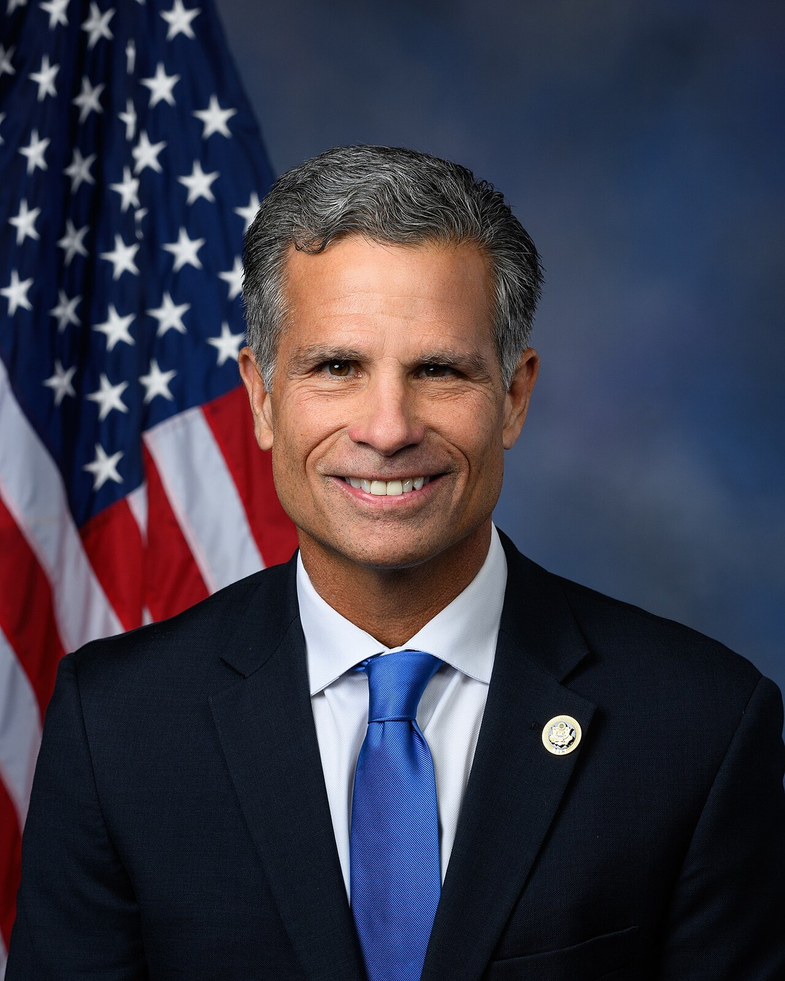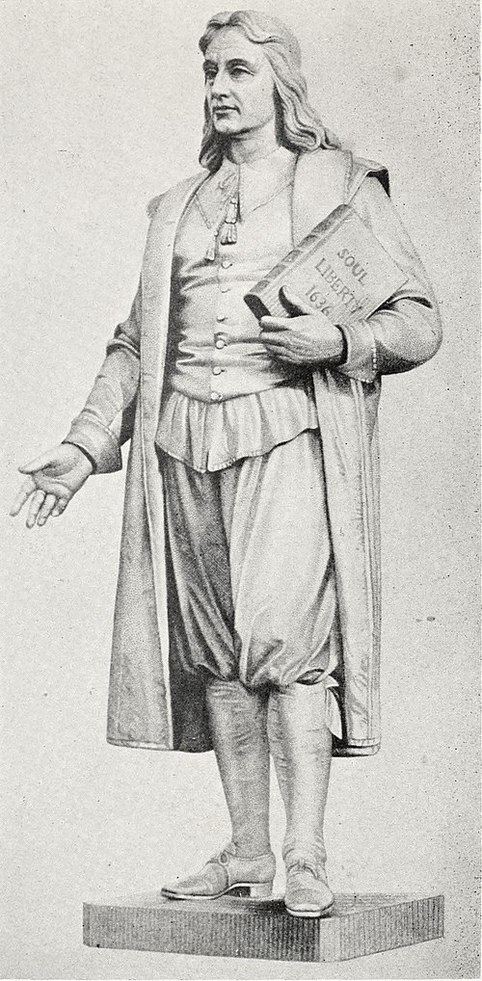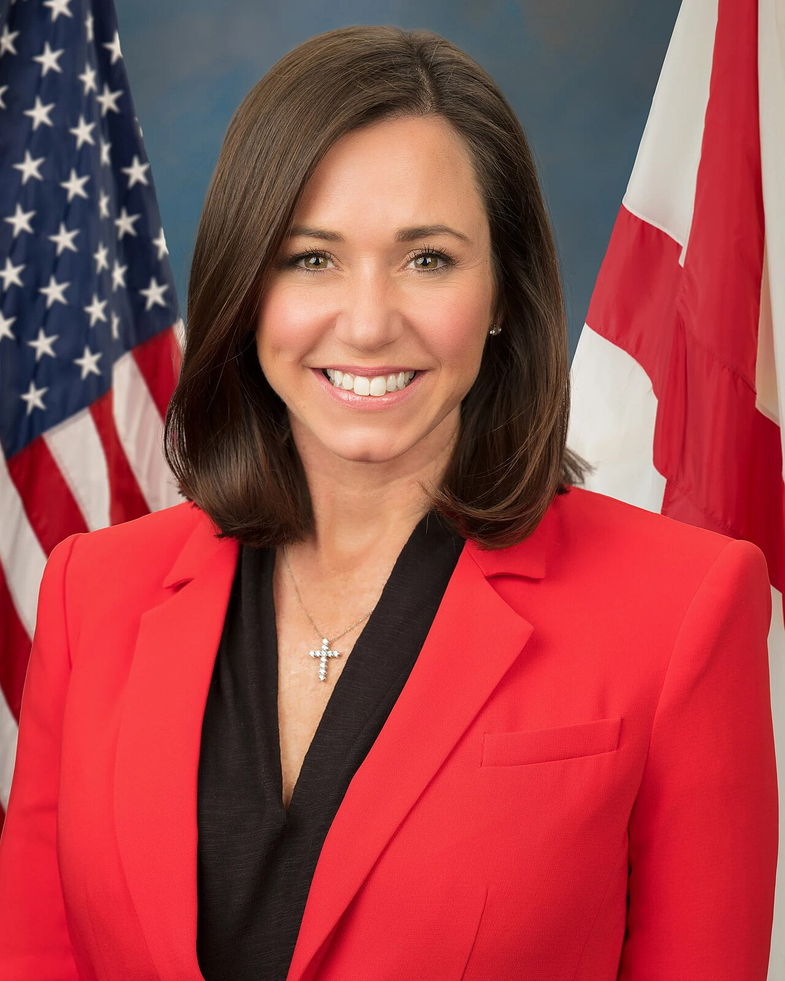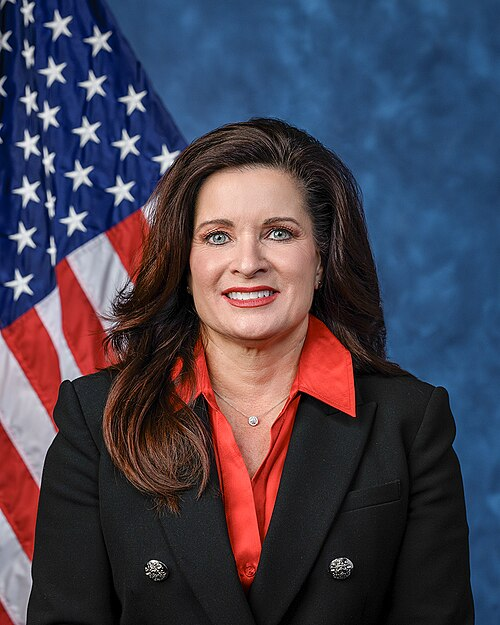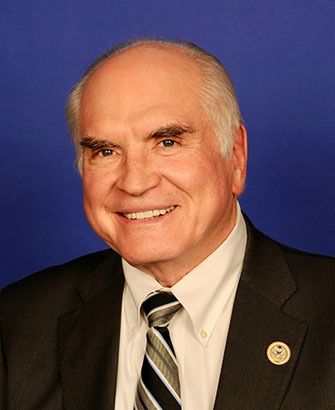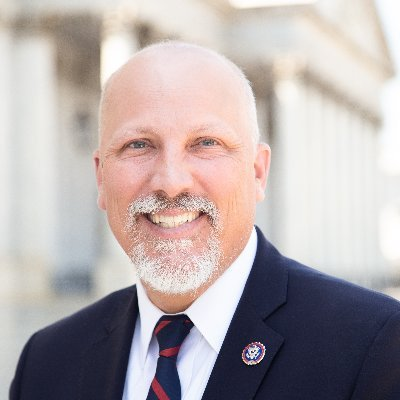H.R. 2325: Central African Exploitation and Manipulation of American Companies Act
This bill, titled the Central African Exploitation and Manipulation of American Companies Act (CEMAC Act), aims to influence the United States' support for actions taken by the International Monetary Fund (IMF) regarding member states of the Central African Economic Monetary Community (CEMAC).
Key Provisions of the Bill
The main components of the bill are as follows:
- The United States will not support any IMF actions related to CEMAC member states until a specific determination about foreign exchange reserves is made.
- The bill emphasizes that funds given to the Bank of Central African States (BEAC) by extractive industry companies for site rehabilitation should not count as part of the gross foreign exchange reserves of CEMAC member states.
- It is the policy of the United States to assert that the IMF has a responsibility to clarify what qualifies as eligible and ineligible assets for foreign exchange reserves, ensuring that these regulations do not mislead member states.
Background Information
There are several findings that outline the context for this bill:
- CEMAC member states have substantial oil and gas resources and maintain long-standing relationships with international oil companies (IOCs).
- A foreign exchange regulation by BEAC requires IOCs to repatriate restoration funds meant for rehabilitation to the central bank.
- Discussions have been ongoing for several years to address the operational issues with this regulation, but some significant concerns remain, including penalties for non-compliance and the role of BEAC.
- The implementation of this regulation threatens to deter investment in the region’s natural resources and could lead to significant revenue losses for the CEMAC member states.
- The IMF guidelines suggest that certain funds, including the restoration funds, may not meet the criteria necessary to be counted towards a country's foreign exchange reserves.
Actions Required by the U.S. Government
The bill outlines specific actions and responsibilities for U.S. government officials:
- The Secretary of the Treasury, in coordination with the U.S. Executive Director at the IMF and the Secretary of State, must make a determination regarding the eligibility of the funds for foreign exchange reserves.
- Until this determination is made, U.S. representatives are directed to oppose any actions by the IMF that would financially benefit CEMAC member states.
- The Secretary of the Treasury must document and report on efforts made to ensure clarity from the IMF about the status of these funds.
Implications of the Bill
The bill is intended to protect U.S. investments in the region by addressing the financial environment created by the BEAC's regulations. Critics assert that the existing regulations could lead to reduced investment and revenue in the region, which the bill aims to mitigate by influencing how funds are treated under IMF guidelines.
Relevant Companies
- XOM (Exxon Mobil Corporation): As a major player in the global oil market, changes to regulatory compliance in Central Africa could affect its operational expenses and investment decisions in the region.
- CVX (Chevron Corporation): Similar to Exxon, Chevron has significant investments in oil and gas in Central Africa, and the ramifications of the BEAC’s foreign exchange regulations could impact its financial strategies.
- RDS-A (Royal Dutch Shell plc): Shell's investments in the Central African region may be influenced by changes to how restoration funds are treated under IMF guidelines, potentially altering its future investment strategies.
This is an AI-generated summary of the bill text. There may be mistakes.
Sponsors
3 bill sponsors
Actions
2 actions
| Date | Action |
|---|---|
| Mar. 25, 2025 | Introduced in House |
| Mar. 25, 2025 | Referred to the House Committee on Financial Services. |
Corporate Lobbying
1 company lobbying
